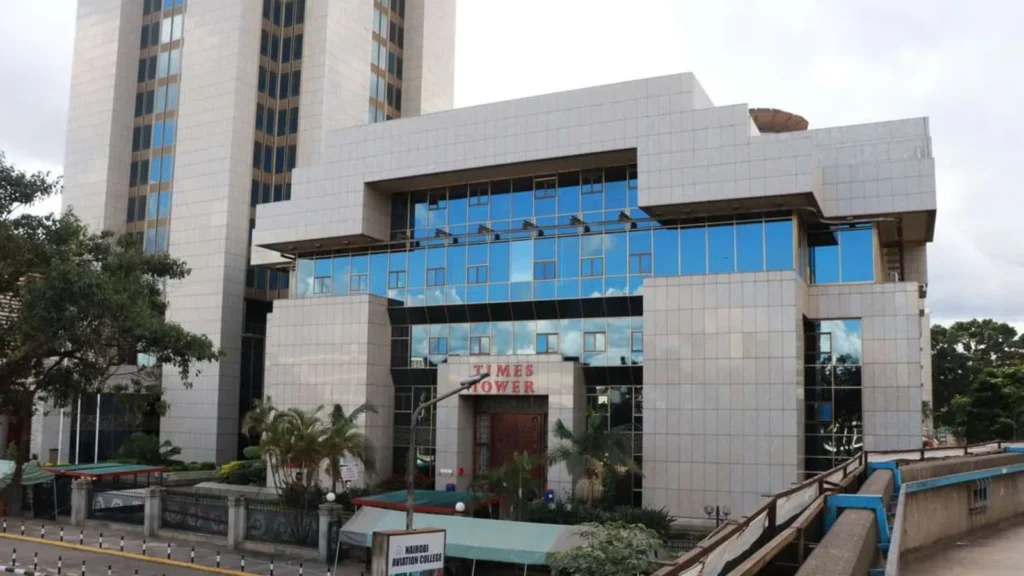Proposed changes to Kenya’s Value Added Tax (VAT) system in the Finance Bill 2025 are drawing sharp criticism from economists and business leaders, who warn they risk crippling manufacturers and creating unfair advantages for large foreign investors.
At the heart of the controversy is a plan to eliminate the input VAT offset mechanism for certain goods and services. Under the current system, businesses deduct VAT paid on raw materials or services (input VAT) from the VAT collected on sales (output VAT), remitting only the difference to the Kenya Revenue Authority (KRA). The Bill proposes removing this offsetting privilege, forcing affected businesses to pay the full output VAT upfront and then apply for a refund of their input VAT later.
Leading the critique is economist Fiona Okada, who argues that the change would devastate manufacturers operating on thin margins and long production cycles.
“Let’s take a manufacturing plant,” Okada explained. “If it buys materials worth Sh1 million, paying Sh160,000 in input VAT (assuming 16%), then sells the final product for Sh1.3 million, collecting Sh208,000 in output VAT, it currently remits just Sh48,000 to KRA. Under the new rules, it pays the full Sh208,000 upfront and must wait for a Sh160,000 refund.”
Okada stresses that this would create a massive liquidity trap, tying up crucial working capital. She points to an already staggering backlog: “KRA already owes manufacturers over Sh115 billion in VAT refunds.”
While the Bill aims to reduce the refund processing period from 24 months to 12, Okada highlights a critical flaw: “There are no binding legal remedies if KRA delays or fails to issue refunds. Businesses are being asked to pay faster, but government guarantees are absent. This increases credit risk.”
Benjamin Sabon of Standard Bank echoes these concerns, noting that sectors such as supermarkets and consultancies would also suffer if input VAT offsets are scrapped.
The Treasury’s stated rationale is to streamline the VAT system and improve refund efficiency by halving the processing time. However, critics argue the cure is worse than the disease. Okada contends that the change “imposes unnecessary administrative burdens on already struggling businesses” and “creates uncertainty.”
Beyond VAT, Okada also raised concerns over a proposed five-year cap on carrying forward tax losses. This would limit businesses’ ability to offset current losses against future profits, potentially hampering recovery—particularly for newer or struggling firms.
Another flashpoint involves generous tax breaks proposed exclusively for multinationals licensed through the Nairobi International Financial Centre (NIFC), granted by the NIFC Authority rather than Parliament. Okada criticised this as “unconstitutional and inequitable,” citing Article 200 of the Constitution, which mandates that Parliament set tax policy.
“A Kenyan investor and a foreign institution both investing Sh1.3 billion should be treated equally,” she stated. “Exclusive breaks for NIFC giants shift the tax burden onto smaller local firms still recovering from pandemic shocks.”
She accused the Treasury of inconsistency: “It cannot harm compliance by restricting loss carry-forwards and imposing VAT burdens, while handing subsidies to the already privileged.”
Market reaction has reportedly prompted some reconsideration of the input VAT changes. The debate highlights a stark divide: the government seeks efficiency and faster refunds, while businesses fear crippling cash flow challenges and unequal treatment.
With KRA’s enormous refund backlog casting a long shadow, and constitutional questions surrounding the NIFC incentives, the final shape of the Finance Bill 2025 is under intense scrutiny. Kenyan industries are watching nervously, fearing the proposed “reforms” could stifle the very growth they are struggling to achieve.
– By Nusurah Nuhu


